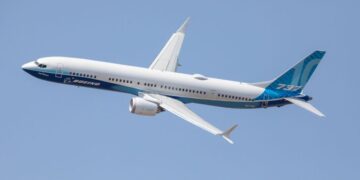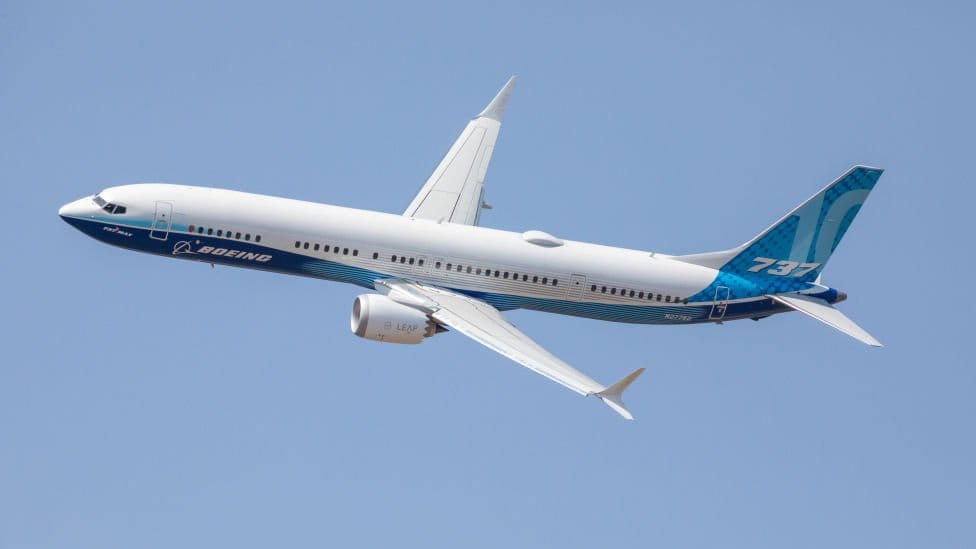Athira Sethu
Kochi, 6 November 2024
The largest US union representing Boeing workers voted Monday to ratify a new contract, ending a seven-week strike that caused massive disruption to the firm. Boeing’s largest US union voted to ratify the contract after their strike forced the planemaker to cancel production of most of its popular 737 MAX jets, among other financial blows to the company.
The new contract was accepted by workers with a 59% vote, which includes a 38% pay raise spread over four years. That has been huge relief to Boeing’s new CEO Kelly Ortberg, who earlier saw two contract offers be rejected. The new deal helps ease some of the pressure that Boeing has seen lately.
Reports say that the lead negotiator of the union, Jon Holden, described the outcome as a victory. The workers could now hold their heads high, he said. The strike was the first in 16 years by Boeing’s largest union and cost the company a pretty penny. Already dealing with some problems, it has now been plagued by yet another problem incident in January when a part fell off a 737 MAX mid-flight.
Notably, 33,000 union workers employed by Boeing to manufacture the 737 MAX, 767, and 777 aircraft went on strike on September 13. Among their demands were a 40% pay raise and a pension plan that was abolished 10 years ago. The current contract seems to address some of those concerns, since the average paycheck for these workers currently stands at $119,309 annually, while before the strike, it was at $75,608 annually.
Although the strike has ended, Boeing will take a number of weeks before going into full production. According to the company, the production level for planes will be minimal in the coming period of time. For instance, at one point, production was aimed at targeting 38 planes in a month of production; the 737 MAX will still be much lower now.
Workers will begin returning to work on Wednesday, and they must all be back by November 12. However, some workers may need to be retrained after being away for so long.
The strike was costing Boeing around $100 million each day in lost revenue. To help manage the financial strain, the company recently raised $24 billion from investors.
This is followed by the need for Boeing to rebuild its relationship with its workers after strike, given that these employees have been frustrated by years of stagnant wages and rising living costs in Seattle, which has been the base of Boeing for a number of decades.
All that amounts to could add up to around $1.1 billion of additional wage-related spending in the coming four years from Boeing’s side while setting one-time bonuses amounting to $12,000 on every worker would take nearly half that, at a little under $396 million.





















